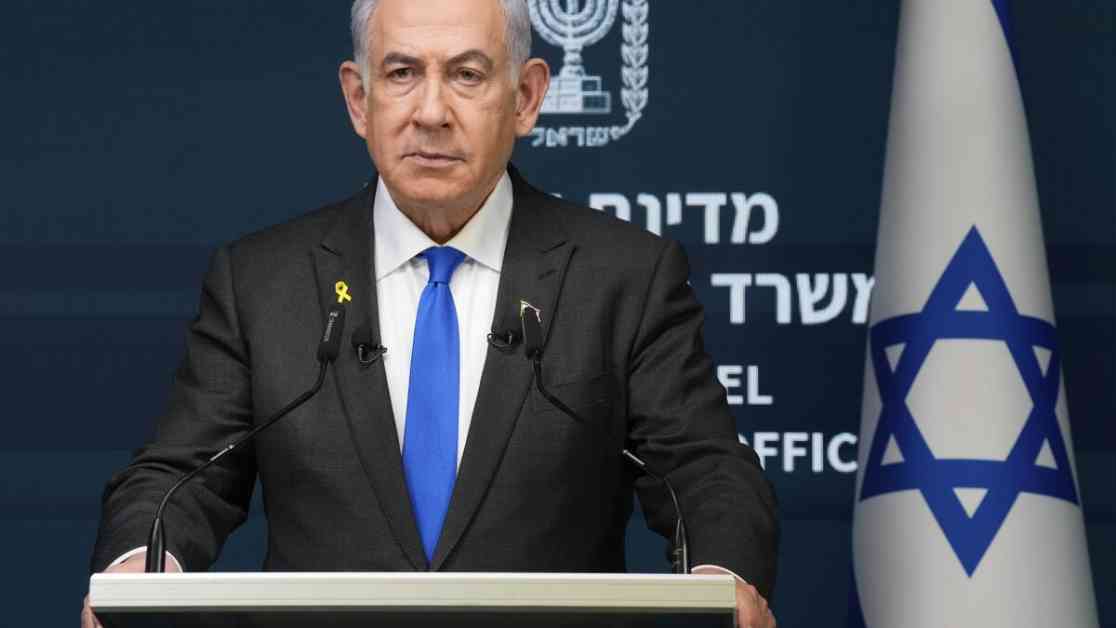President Biden and his senior leadership praised Israel’s killing of Hamas leader Yahya Sinwar as an “opportunity” to finally end the devastating yearlong war in the Gaza Strip that has resulted in the deaths of thousands of Palestinians. The recent developments following Sinwar’s death have sparked discussions on whether this milestone could lead to a ceasefire or further military escalation by Israel.
Israeli Prime Minister Benjamin Netanyahu declared that the war is far from over and emphasized the need to continue military operations. On the other hand, Hamas remains defiant, stating that Sinwar’s legacy will endure, and Israeli hostages will only be released upon certain conditions, including the withdrawal of Israeli troops from Gaza and the release of Palestinian prisoners.
The future actions of both Israel and Hamas remain uncertain. Netanyahu may choose to de-escalate the conflict and pursue peace negotiations, while some members of his coalition government advocate for a more aggressive approach, including reoccupying Gaza. Similarly, Hamas faces the challenge of finding a successor to Sinwar who can effectively lead the organization and navigate the ongoing conflict.
Despite international efforts to broker a ceasefire, negotiations have been complicated by shifting demands from both Israel and Hamas. The Biden administration, along with allies Egypt and Qatar, has been actively involved in mediating talks to end hostilities but has encountered challenges due to conflicting priorities between Israel and the United States.
The recent death of Sinwar has raised questions about the future direction of the conflict. While some view it as a potential turning point towards peace, others fear that it could lead to further violence and prolong the war. The complex dynamics between Israel, the United States, and Hamas highlight the challenges of finding a lasting resolution to the conflict in Gaza.
As the situation continues to evolve, observers emphasize the need for a comprehensive approach that addresses the underlying grievances of both parties. The ongoing humanitarian crisis in Gaza, exacerbated by the recent escalation of violence, underscores the urgency of finding a sustainable solution that ensures the security and well-being of all residents in the region.
In conclusion, the death of Hamas leader Yahya Sinwar has significant implications for the future of the conflict in Gaza. While it presents an opportunity for peace, the complexities of the situation require careful consideration and diplomatic engagement from all parties involved. As efforts to de-escalate the conflict continue, the international community must remain committed to supporting a peaceful resolution that addresses the underlying issues fueling the violence in the region.



























